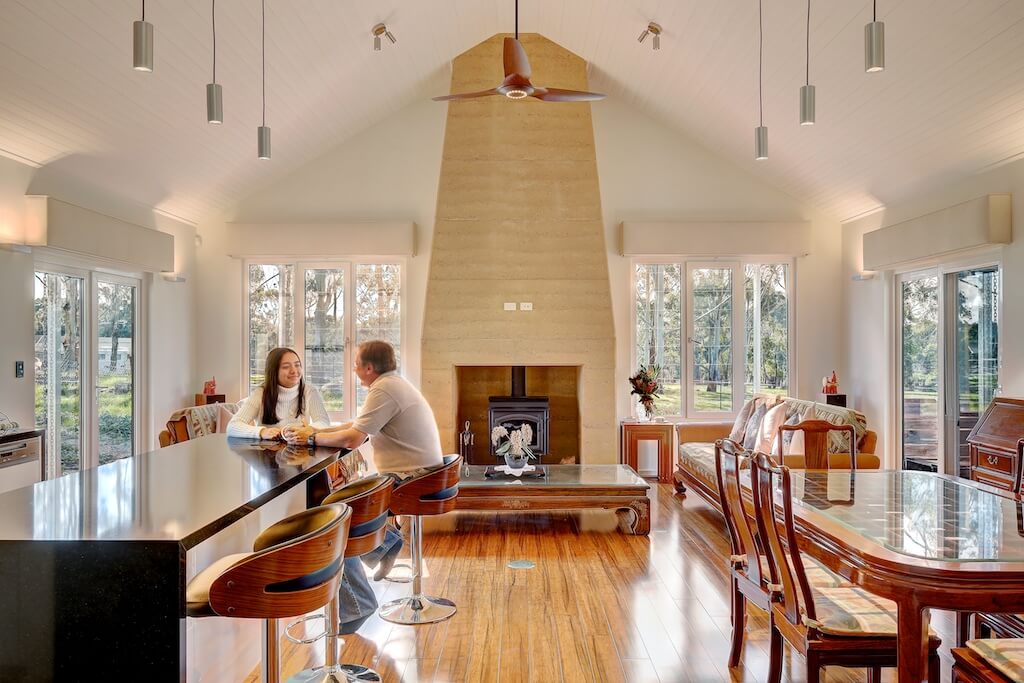Making mistakes in a building project can cost time and money, and leave you well short of the energy-efficient home you planned for. In Sanctuary 38 Verity Campbell asks four experienced designers about their top tips for avoiding the most common pitfalls.
Building or renovating a home can be stressful. There are many things that can, and do, go wrong: subterranean ‘surprises’ when the first sod is turned, challenges getting the design through planning regulations, and budget and time blowouts, to name a few.
Aiming for a green home adds another layer of difficulty, so here is a series of some tips from from the experts to help you achieve a smoother, more enjoyable and stress-free project.
Part 1: Advice from Simone Schenkel
The first step to getting it right is finding the right team to work with, says Simone from Gruen Eco Design. You need to separate those claiming sustainable design knowledge from those who actually have it. “If a designer or architect says ‘we’re going to put in a rainwater tank and solar hot water and have a six-star house,’ that’s already a good indication they don’t know what they’re talking about,” she says. And if they tell you that all you need is the legal minimum requirement for insulation, you know they’re not aiming for best practice. You need an architect or designer who knows everything there is to know about passive solar design.
Another thing to look out for is cost cutting. “When you have a limited budget, you sometimes have to be innovative or more involved in the whole process if you want to build a really energy efficient house.” This means being involved in sourcing materials, including checking from the outset how amenable the builder is to using salvaged materials or to get your preferred companies (third parties) involved in the construction. It might also mean overseeing the window company to get your new highly energy efficient double-glazed windows installed properly to guarantee their performance. “Some builders are a bit hesitant about this when it comes to their insurance and their warranties.”
Simone recommends you make sure insulation and gap sealing is done properly during the build, to ensure that the performance you’re paying for and expecting is the performance you’ll receive. She says you should insist insulation be checked onsite, and audited if possible. “I would recommend engaging specialist insulation contractors – a third party – to install and certify the insulation.”

